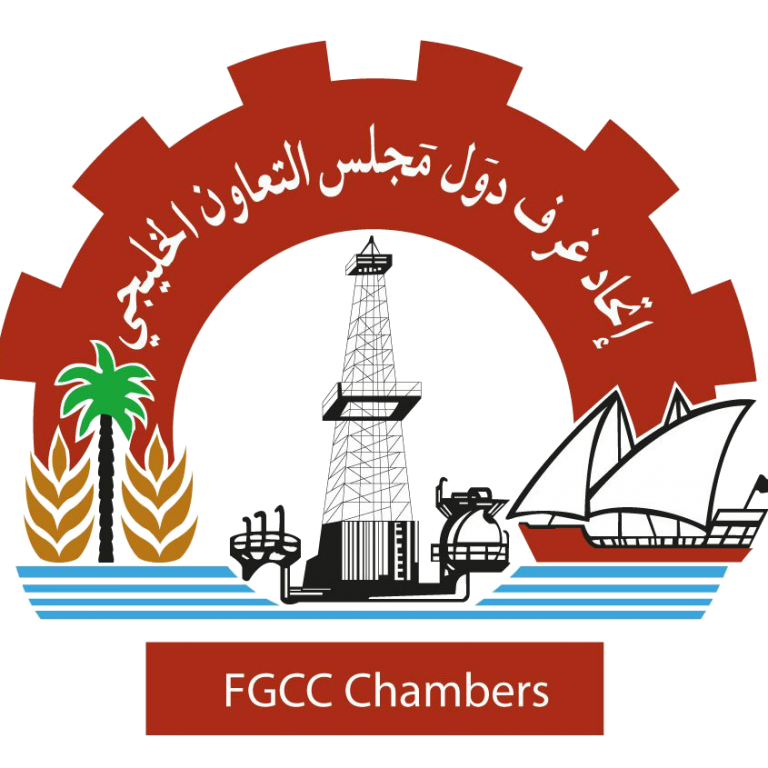Bahrain’s main entity representing its trading community effectively resolved 75 per cent of complaints which it received from members last year.
Bahrain Chamber’s dedicated complaints unit has yet to resolve 19pcof the business community’s problems, while work on the remaining 6pc is ongoing. The unit received 277 complaints from 404 members, of which 179 were resolved, 47 are still pending resolution, and 15 are in the works. Thirty-one complaints fell outside the scope of the Chamber’s jurisdiction, and five were dropped by the complainant.
This was revealed in the Chamber’s annual report for the previous year, which was released on Monday during the general assembly held at its Sanabis headquarters.
The specifics and nature of the complaints were not disclosed, but a Chamber official explained that the concerns were related to traders’ day-to-day business transactions with various government and non-government entities.
“These complaints are related to issues affecting members, which are associated with different ministries or entities in their day-to-day business transactions depending on their trade and associations,” the official explained.
“It could range from those pertaining to licences, recruitments, documentations, and delayed services, among others, the details of which are not revealed, but are kept with the offices concerned.
“The complaints unit has several sub units and committees that liaise with various ministries or agencies to resolve these complaints.”
The annual report noted that the complaints unit established communications with ministers, head of official bodies and approved liaison officers to examine the complaints, received electronically.
“The unit will hold open and direct meeting with the complainant to discuss it in collaboration with other departments at the Chamber.
“Last year three meetings were held with the Industry, Commerce and Tourism Ministry, Labour Market Regulatory Authority (LMRA) and the Tamkeen.
“The Chamber also held a meeting to honour 13 governing bodies and agencies that supports the unit in resolving traders’ complaints and answering all their inquiries.”
These bodies and agencies include ministries of Industry, Commerce and Tourism, Health, Justice, Islamic affairs and Endowments, Labour and Social Development, Transportation and Telecommunications, Bahrain Tourism and Exhibition Authority, LMRA, Tamkeen Electricity and Water Authority, Supreme Council for Environment, Bahrain Development Bank, Customs Affairs and the General Directorate of Traffic Services.
“The Chamber organised 14 field tours to get a closer look at the challenges facing the members during when officials communicated with more than 36 members.
“The initiative “Avoid Default’, which is aimed at providing advice to members of the Chamber was pushed on its social networking sites to help traders be reminded of their commitments and in turn avoid fines.”
The report also highlighted that the Chamber organised several seminars, events, workshops and bilateral meetings both virtual and in person which addressed economic issues related to private sector institutions. A total of 70 events including 19 seminars and 14 consultative meetings, four open meetings, two conferences, two general assembly meetings (both ordinary and extraordinary), seven economic forums, 17 bilateral meetings with Arab and foreign trade delegations and five awareness and education workshops for members. Among these were the open meeting to introduce the wage protection system, a seminar on the impact of Covid-19 on employees in hospitality and tourism sector and a virtual seminar on the phenomenon of labour transfer to competing companies.
The Bahrain Chamber has 3,1864 members and is run by a 18-member elected board, which is currently headed by its president Sameer Nass, who is the office for second consecutive four-year term. Mr Nass who presided over the general assembly highlighted the challenges that the board had to face last year amidst the global economic changes, while underlining the chamber’s role in helping the private sector raising its competitiveness and strengthening its productivity.
“These missions included pillars and broad lines on the economic priorities that should be focused on, including visions on economic recovery plans, the need not to burden the private sector with more fees, the importance of amending and completing legislations and removing bureaucratic obstacles faced by the private sector.”
He also welcomed the new members of his team who assumed office earlier this month.





